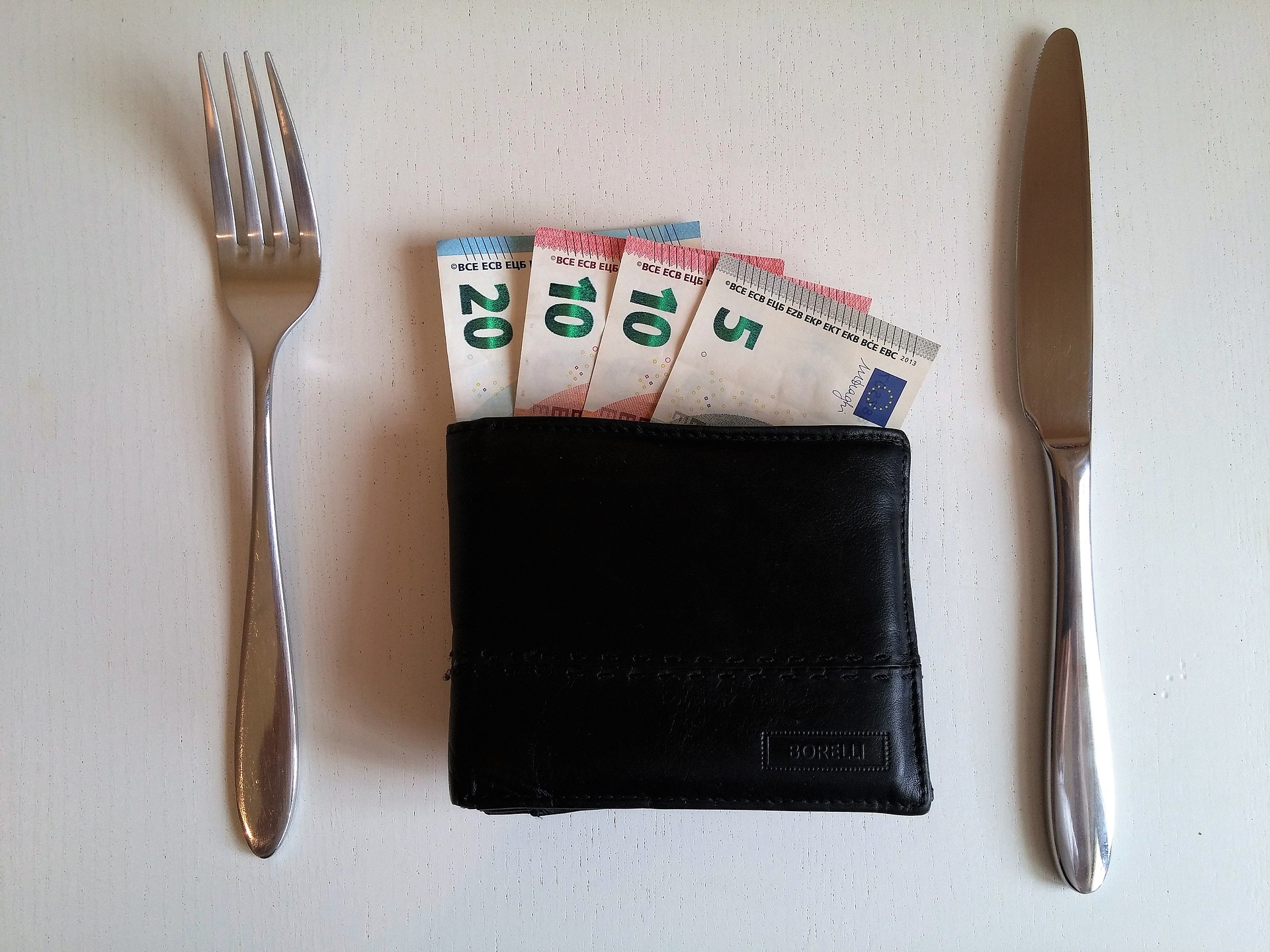
Budgeting is the best way to make your income stretch so you can cover essential expenses in the present and achieve your future financial goals. But while it makes perfect sense in theory, the truth of the matter is that it can be downright difficult to budget when you’re broke. After all, if you’re already struggling to pay your bills, setting aside extra money each month might seem like a pipe dream at this point.
This conundrum leads many people to wonder: How can you write a budget when you’re broke? Here’s some practical advice for streamlining your expenditures so you can apply the savings to worthwhile long-term money goals.
Get Started: Budgeting Basics
The most daunting part of creating a budget is sitting down and looking at your spending habits. Despite the initial anxiety this action may bring, it’s important to understand where your money is going. This way you can identify patterns and decide where it would benefit you most to streamline. Many people find they are spending more than anticipated on “non-essentials” like entertainment, restaurant meals, coffee on the go, travel, new clothing and more.
The key is separating your spending into wants vs. needs. There’s no cut-and-dry method for determining the importance of expenditures because they are subjective to the individual. For example, buying coffee from a shop might be a luxury for one person, but for another it’s an important way to network with coworkers. The key is determining the importance of costs to your life. From there, you can decide what makes sense to reduce, cut or keep.
Improving Your Spending Habits
Creating a budget is the first step, and an important one. But your budgeting success will ultimately boil down to changing your behavior accordingly. Here are a few examples of actions consumers may choose to take after breaking down their spending:
-
Cancel costly entertainment subscriptions like streaming services and cable.
-
Shop for food and household goods using coupons, or shop primarily during sales.
-
Prepare large meals that stretch several days so you can avoid takeout, delivery and impulse purchases.
-
Make the most of your wardrobe by mixing and matching rather than buying new pieces, or save money by shopping at second-hand stores.
-
Take advantage of public transportation and carpooling instead of driving everywhere.
Over time, you’ll notice you have more money left over each month if you take actions to streamline your spending. From there, it’s time to decide how to best apply these savings.
Managing Your Money in the Long Term
So, what should you do with the money you’ve freed up by better budgeting? Well, there are two areas to consider here: Debt repayment and savings.
If you’re paying interest on credit card debt, for example, it’s going to be hard to truly get ahead. Consumers have a few choices in this regard. For relatively small debts, applying extra money each month may be enough to repay outstanding balances. For significant debt, it may make more sense to pursue a strategy like debt settlement. Here’s one option: Working with a debt relief organization like Freedom Debt Relief, consumers would pay money into a designated account each money until they’ve amassed enough to negotiate with creditors via professional negotiators. By reducing the principal amount owed, this strategy has the potential to speed up repayment of large debts.
Furthermore, a single emergency can wreck your budget efforts in one fell swoop. It’s smart to apply some of your streamlined budget to beefing up your emergency fund. Financial expert Suze Orman recommends having eight to 12 months of living expenses in the bank in case of a medical mishap, layoff, vehicle breakdown or other catastrophe.
Writing a budget when you’re broke is challenging, but the payoff is a more secure financial future.